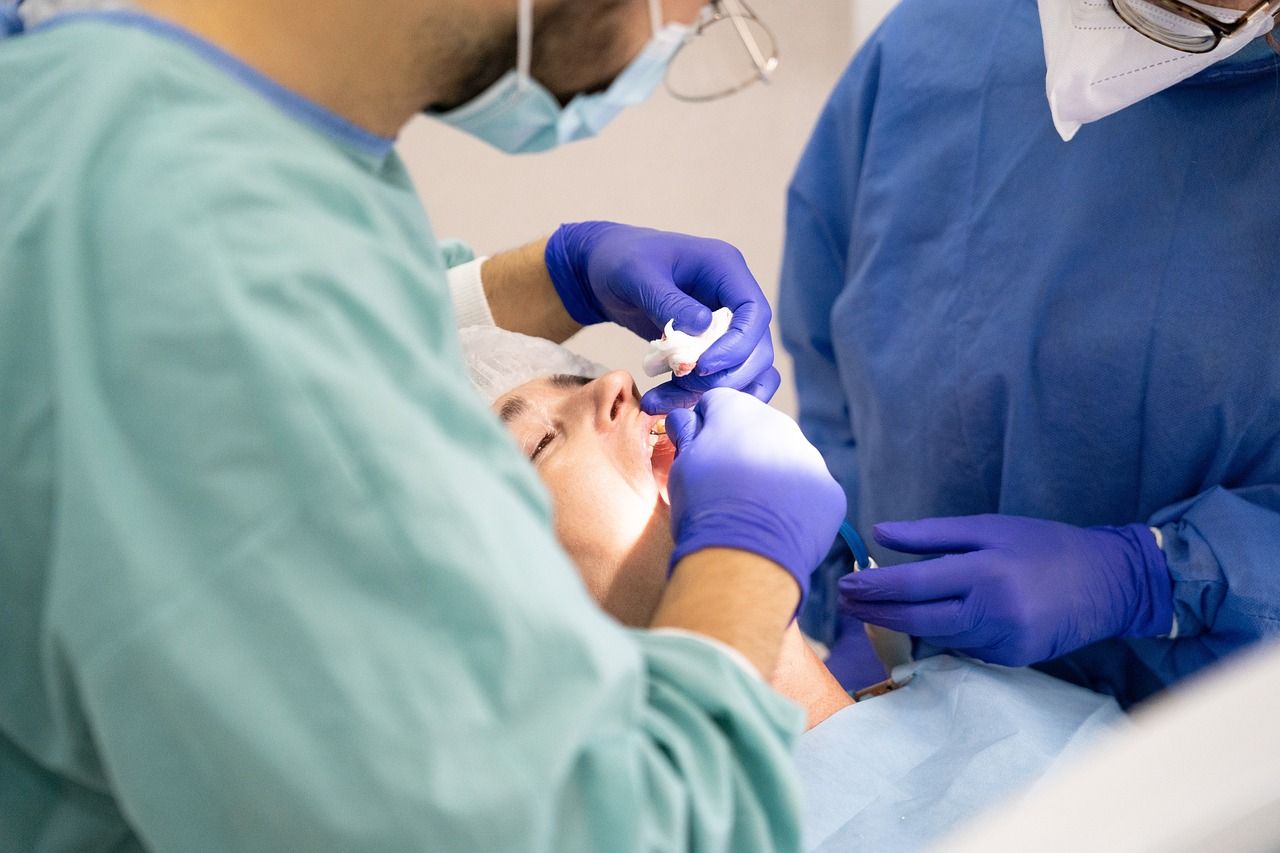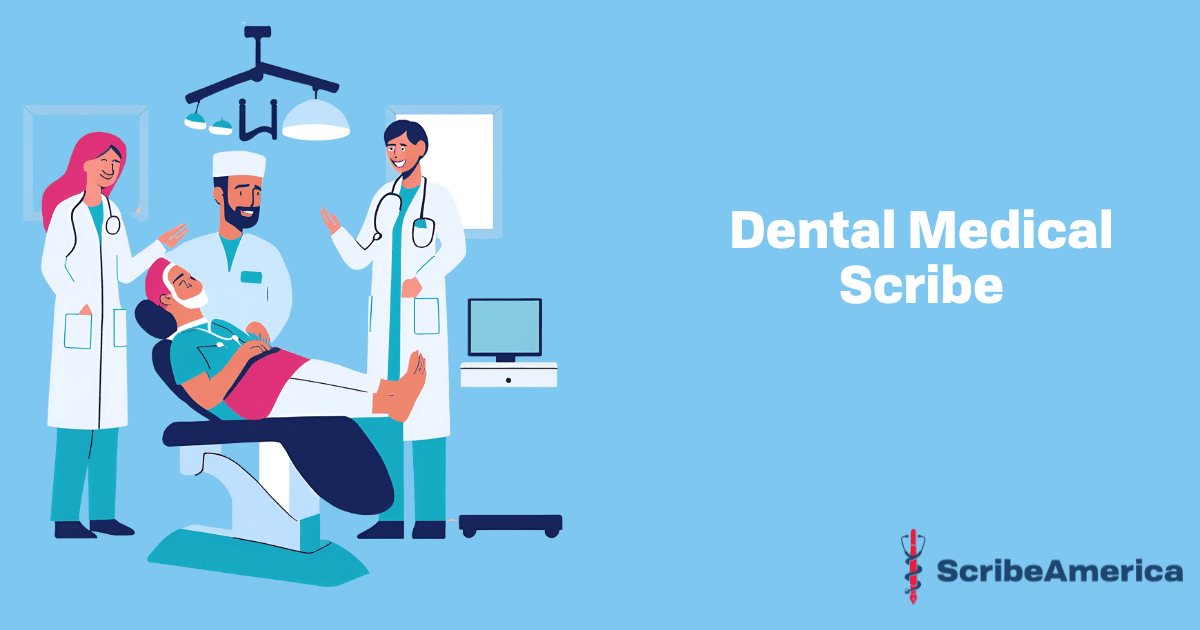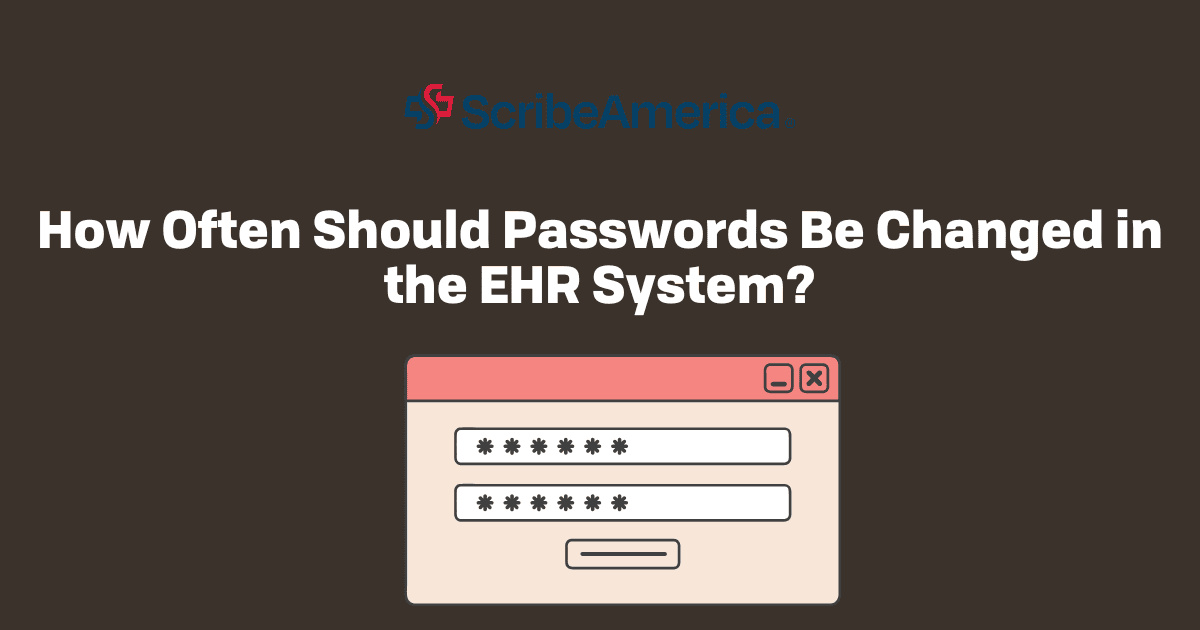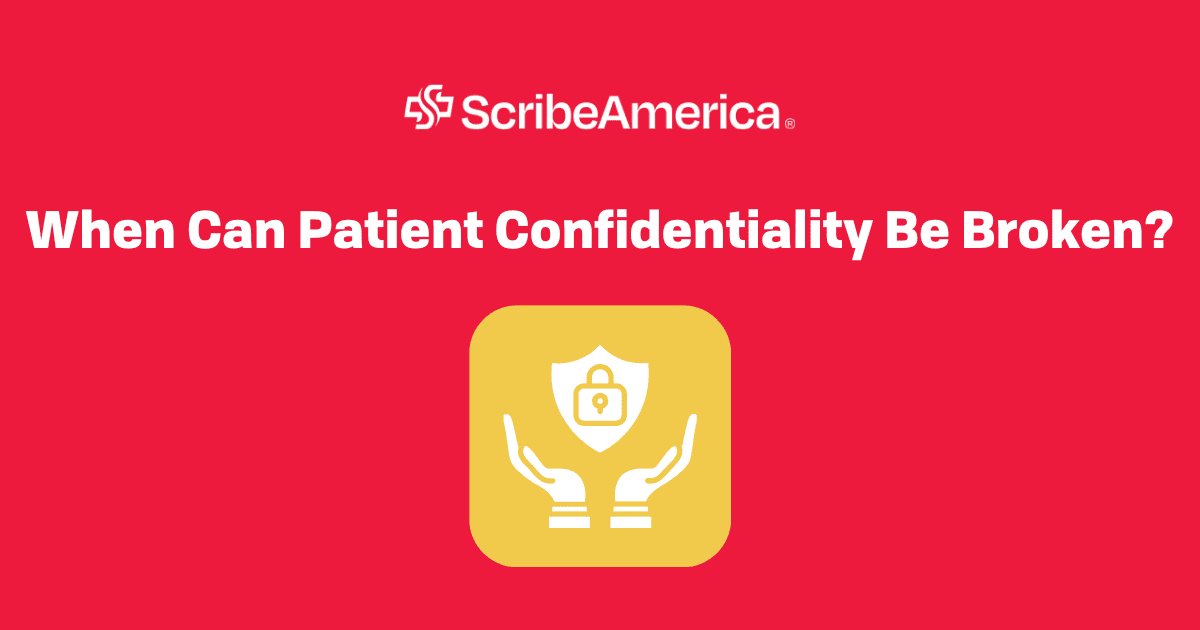Key Takeaways:
- Understand the Role: A dental scribe supports dentists by documenting patient visits, treatment plans, and procedures, ensuring accurate and efficient electronic health records.
- Learn Dental Terminology: Familiarity with common dental terms such as prophylaxis, amalgam, radiographs, periodontitis, endodontic, and occlusion is essential for effective documentation.
- Develop Essential Skills: Strong listening, typing, EHR proficiency, multitasking, time management, and communication skills are crucial to succeed as a dentist medical scribe.
- Work Efficiently Behind the Scenes: By handling administrative tasks, dental scribes allow dentists to focus on patient care, improving clinic workflow and quality of service.
- Think About Your Career Path: Becoming a dental scribe offers hands-on experience in a healthcare environment and serves as a stepping stone for further medical or dental career opportunities.
The role of dental scribes is becoming increasingly essential in today’s fast-paced dental practices. Such professionals handle the administrative workload during patient visits, allowing the dentist to focus on providing the best care. If you’ve ever considered working in the healthcare field but prefer a behind-the-scenes role, becoming a dentist medical scribe might be just the job for you. Let’s explore what this position involves and what skills you need to succeed.
What does a dental scribe do?
A dental scribe works directly alongside dentists during patient appointments. Their primary responsibility is to document patient encounters, including recording the patient’s history, clinical findings, treatment plans, and any procedures performed. By managing this documentation, the scribe helps the dentist concentrate on the patient, improving the quality of care and the efficiency of the practice.
Dental scribes also assist with managing electronic health records (EHR) by updating patient charts and handling other administrative tasks that might otherwise slow down the dentist.

Skills needed to become a dental scribe
To thrive as a dentist medical scribe, candidates should bring a mix of technical, organizational, and interpersonal skills:
- Dental terminology knowledge – familiarity with procedures, medications, and tools used in dental treatments is key. Common terms include prophylaxis, amalgam, radiographs, periodontitis, endodontic, and occlusion.
- Typing and listening skills – scribes must accurately transcribe information in real time while paying close attention to detail.
- EHR and computer proficiency – most documentation is digital, requiring fluency in navigating electronic health records.
- Communication and professionalism – scribes may clarify information for patients or relay messages from the dentist.
- Multitasking and time management – a busy dental office demands the ability to prioritize tasks without sacrificing accuracy.
How to become a dental scribe?
Becoming a dentist medical scribe doesn’t require a formal degree, but having some background in healthcare, medical transcription, or administrative work will definitely give you an edge. When it comes to the training itself, it’s often provided on the job, with a focus on learning how to use EHR systems and mastering dental-specific terminology.
If you're interested in becoming a dental scribe, now is a great time to explore the opportunities available across the country. Check out our available openings for medical scribes and skyrocket your career.
Why Become a Dental Scribe?
Working as a dental scribe is an excellent opportunity to gain hands-on experience in a dental practice, master dental terminology, and develop administrative and communication skills. By managing documentation and EHR, a dentist medical scribe allows dentists to focus on patient care while providing you with valuable preparation for a future career in medicine or dentistry.
The takeaway
A dental scribe plays a crucial role in modern dental practices by improving efficiency and allowing dentists to spend more time focusing on patient care.
If you’re organized, tech-savvy, and eager to work in a medical environment without direct clinical responsibilities, becoming a dentist medical scribe could be a fulfilling career path, so don’t wait and explore the available job opportunities.




